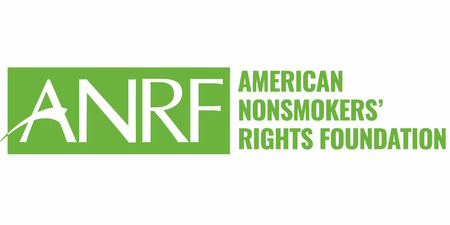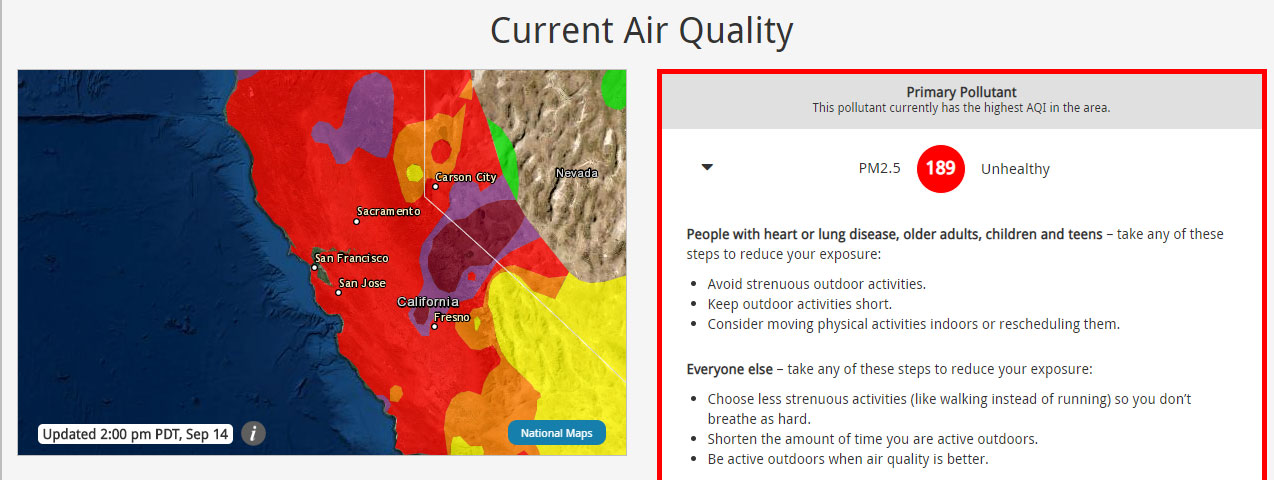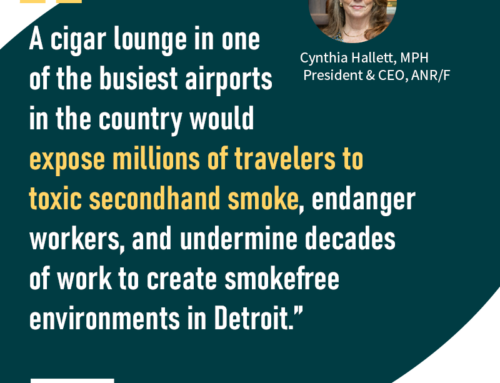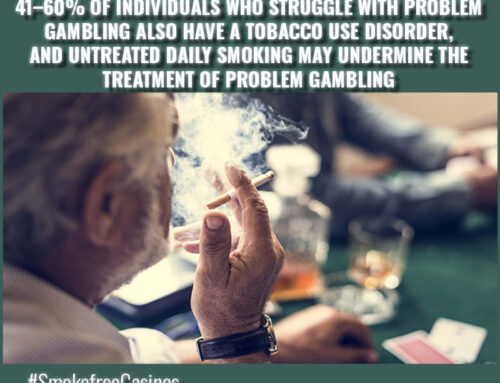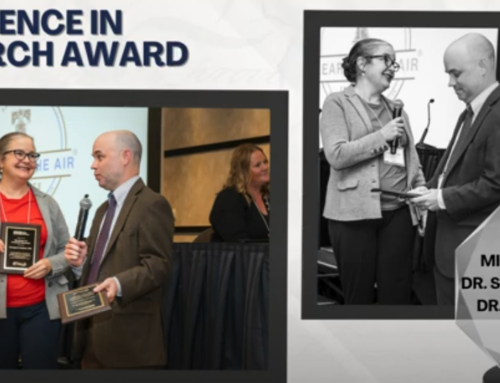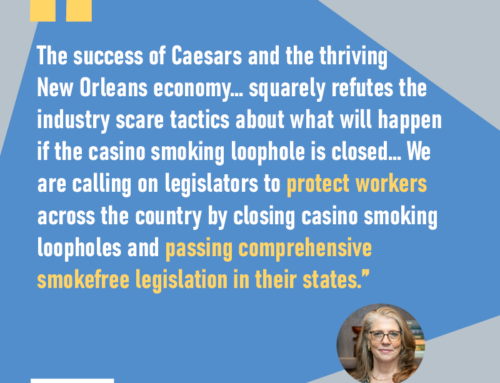Hazardous Air Quality Related to Wildfire Smoke and Ongoing Exposure to Secondhand Smoke Indoors
Wildfires raging across California, Oregon, and Washington State mean millions of nonsmokers are secondhand smokers again across the region and in many other states where the smoke is drifting. With outdoor air quality in these fire zones frequently in the “very unhealthy” and hazardous levels, it’s worth remembering that these terrible smoke levels are similar to the secondhand smoke levels that many casino, entertainment, and hospitality workers still have to breathe at work every day in bars, music venues, or casinos. Numerous states, including Indiana, Iowa, Louisiana, Mississippi, Tennessee, Nevada, Missouri, Pennsylvania, and more, still allow smoking in many indoor workplaces.
Wildfire smoke, like secondhand smoke, damages the immune system and is thought to increase the susceptibility and severity of COVID-19 cases and respiratory illness. Secondhand smoke and wildfire smoke lead to an increase in community hospital admissions for heart attack and stroke.
The recent wildfires have once again increased public awareness of the importance of good air quality for the health and safety of families and communities, and the extreme health hazards of breathing smoke. The same can be said about exposure to secondhand smoke inside workplaces and public place. Thankfully, we have a solution to address the hazards of secondhand smoke inside workplaces, housing, and other shared air spaces. No smoking indoors dramatically improves health, saves lives, and can also reduce spread of COVID-19 droplets. Everyone deserves the right to breathe fresh, safe smokefree air.
Learn more:
Secondhand smoke and COVID-19: Read more
Learn more about wildfire smoke and COVID-19.
Wildfires, Air Quality, and Cigarette Butts: Smokefree Laws Save Money and Lives
Indoor Air Pollution From Marijuana Emissions As Bad As The Worst Wildfires
